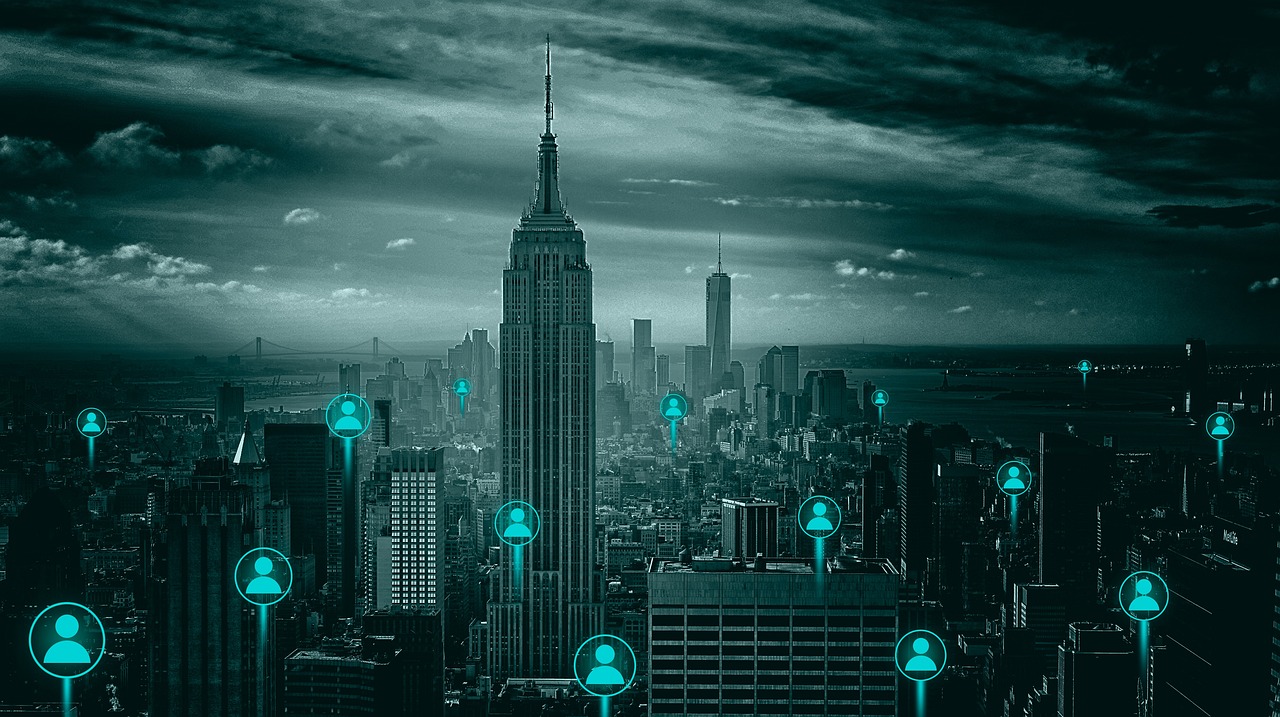In the 21st century, social media has emerged as a powerful force shaping the way we communicate, interact, and perceive the world around us. From Facebook and Twitter to Instagram and TikTok, these digital platforms have revolutionized the way we connect with others, consume information, and express ourselves. In this article, we delve into the multifaceted influence of social media on our day-to-day lives, exploring its effects on communication, relationships, mental health, and societal dynamics.
Communication and Connectivity: Social media has fundamentally transformed the way we communicate, breaking down geographical barriers and enabling instant connectivity with individuals across the globe. Platforms like Facebook and WhatsApp allow us to stay in touch with friends and family, share updates about our lives, and participate in online communities centered around shared interests or experiences.
Furthermore, social media has democratized communication, giving individuals a platform to voice their opinions, advocate for causes, and engage in public discourse. Twitter, in particular, has become a powerful tool for news dissemination and citizen journalism, providing real-time updates on global events and fostering conversations on pressing issues.
However, the ease and speed of communication afforded by social media have also led to challenges such as the spread of misinformation, cyberbullying, and online harassment. The anonymity and lack of accountability inherent in many social media platforms can exacerbate these issues, highlighting the need for responsible digital citizenship and platform regulation.
Relationships and Social Dynamics: Social media has reshaped the way we form and maintain relationships, blurring the lines between online and offline interactions. Platforms like Instagram and Snapchat facilitate the cultivation of personal brand identities, with users curating their online personas through carefully crafted posts and images.
Moreover, social media has redefined the concept of friendship and social connection, with platforms like Facebook enabling us to stay connected with acquaintances and colleagues beyond traditional face-to-face interactions. However, the prevalence of social media can also lead to feelings of FOMO (fear of missing out) and social comparison, as individuals compare their lives to the curated highlight reels of others.
Additionally, social media has transformed the dating landscape, with apps like Tinder and Bumble revolutionizing the way we meet potential romantic partners. The rise of online dating has expanded the pool of potential matches and facilitated connections based on shared interests and compatibility.
Mental Health and Wellbeing: While social media offers numerous benefits in terms of connectivity and self-expression, it also poses risks to mental health and wellbeing. Research has shown a correlation between excessive social media use and negative mental health outcomes such as depression, anxiety, and low self-esteem.
The constant exposure to carefully curated images and lifestyles on social media can foster feelings of inadequacy and insecurity, leading individuals to compare themselves unfavorably to others. Moreover, the addictive nature of social media, characterized by endless scrolling and dopamine-driven feedback loops, can contribute to compulsive behaviors and diminished productivity.
Furthermore, social media has been implicated in cyberbullying and online harassment, particularly among adolescents and young adults. The anonymity afforded by social media platforms can embolden individuals to engage in hurtful behavior, leading to profound psychological consequences for victims.
Societal Dynamics and Cultural Shifts: Social media has played a pivotal role in shaping societal dynamics and cultural shifts, amplifying voices and movements that challenge the status quo. Platforms like Twitter and Instagram have been instrumental in driving social activism and raising awareness about issues such as racial injustice, gender equality, and environmental sustainability.
Moreover, social media has facilitated the rise of influencer culture, with individuals leveraging their online platforms to build personal brands and monetize their content. Influencers wield significant influence over consumer behavior and cultural trends, shaping the way we perceive beauty standards, fashion trends, and lifestyle choices.
However, the commodification of social media influence has also raised ethical concerns regarding authenticity, transparency, and the promotion of unrealistic ideals. The pursuit of likes, followers, and engagement metrics can incentivize individuals to prioritize superficiality over authenticity, perpetuating a culture of comparison and validation-seeking.
In conclusion, social media exerts a profound influence on our day-to-day lives, shaping the way we communicate, form relationships, and perceive ourselves and others. While social media offers unprecedented opportunities for connectivity and self-expression, it also poses challenges in terms of mental health, privacy, and societal dynamics.
As we navigate the complex landscape of social media, it is essential to approach these platforms with mindfulness, critical thinking, and empathy. By fostering responsible digital citizenship and promoting healthy online habits, we can harness the transformative potential of social media while mitigating its negative impacts on individual wellbeing and societal cohesion.
